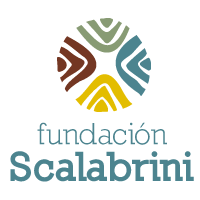Chile has a complex national immigration context, with a marked increase in irregular migrations with little to no chance of status regularisation. The most significant difficulties are the need for more flexibility and the duration of the processes for a temporary (two years) or permanent (five years) visa.
The newcomers in Chile face various barriers, such as language, legal status, and labour market access. The Human Safety Net in Chile supports migrants’ access to the job market with a project based on entrepreneurship and a second one on employability.
Both projects have the shared goal of helping migrants unlock their potential and contribute to Chilean society.



